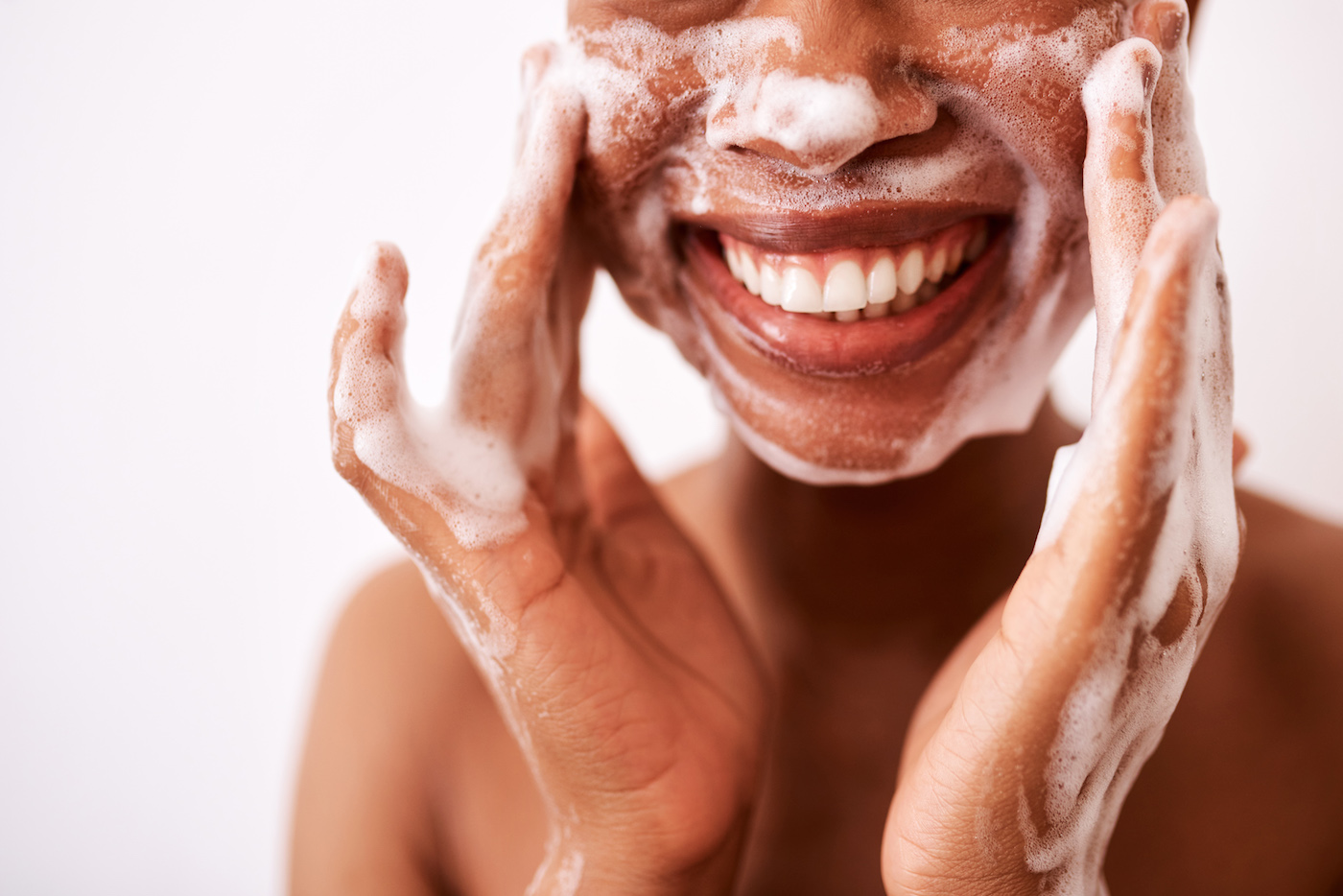Our Location
CW-0647-2650
Bawjiase Road, Jei-Krodua

African black soap is one of the most popular cleansers of the moment, but its of-the-moment status has plenty of history behind it. Its origin dates back centuries to the Yoruba people of Nigeria, where women mixed ash with oil and applied it to their skin. Since then, generations of women in Africa have relied on ose dudu (“black soap” in the Yoruba language) for the health of their skin. Now, as this skin-care staple becomes increasingly popular, American skin-care aficionados can choose from more varieties than ever.
“African black soap is becoming popular in the U.S., given the rise in consumer interest and desire for clean, natural, and organic skincare,” says Abdul Jelyl Taiwo Yaqub, founder of Da Essence Organic African Soap. “Seeing as it is made of 100% natural ingredients derived directly from earth, it is as clean and natural as it gets.” She adds that it’s also gained popularity because it offers a number of research-backed skin benefits, including helping with acne, uneven skin tone, hyperpigmentation, rashes, contact dermatitis, and psoriasis.
According to Erica Douglas, a beauty product formulator known as “Sister Scientist,” African black soap isn’t like regular soap—it’s the “super soap of all soaps.” The process of making it is unique—different cultures have different recipes—but each bar contains a few standard ingredients. “All African black soap will include an ash from the burning of palm leaves, cocoa pods, shea tree bark, and plantains, plus moisturizing oils like palm oil, coconut oil, and shea butter,” says Douglas.
The ash, she explains, is what sets the formulation apart from other cleansing bars.”The vitamin-rich ash is the magical secret that gives African black soap the ability to not just clean the skin, but to help soothe skin issues such as eczema and psoriasis, reduce hyperpigmentation, and help fight off bacteria that causes acne,” says Douglas.
At its core, African black soap is, well, soap, which makes it effective for cleansing the skin of dirt, oil, and impurities. The fine grains of the natural ash act as a gentle exfoliant, which helps to slough away dead skin cells as you wash your face. The result? Cleaner, brighter skin that is well-primed for the next steps of your routine.
“One of the most effective benefits of African black soap is its ability to exfoliate and remove dirt, oil, and bacteria from beneath the skin,” says Douglas. As we know, these are some of the main forces that can cause pimples to pop up on your skin. “Not only does African black soap help to fight off acne once you see it, but it also can be used as a preventative measure,” she says.
Thanks to its natural oils African black soap is rich in both vitamins A and E, giving it the ability to both prevent and treat discoloration. Vitamin E is rich in antioxidants that help stave off dark spots from forming in the first place, and vitamin A ( which is what retinol is derived from) has been shown to help reduce the appearance of uneven skin tone by stimulating cell turnover.
With a combination of and natural butters oils, African black soap supplements its exfoliating properties with skin-nourishing ones. Shea butter, common in many formulations, mimics your skin’s natural oils to give it a non-comedogenic, hydrating effect. Vitamin E works to repair your skin’s lipid barrier and offers conditioning benefits that will leave even the driest complexion feeling quenched.
In addition to its skin-soothing properties, African black soap also has anti-fungal properties, says Douglas. So if you’re dealing with anything from dandruff to athlete’s foot, it might just be exactly what you need.
While African black soap is generally safe for all skin types, it is especially helpful for oily or acne-prone skin. “It has the natural ability to remove excess oil from the skin like a magnet,” says Abdul. That said, since it is more alkaline than your skin, it can irritate dry and sensitive skin types; do a patch test to ensure your complexion can handle it before applying it to your entire face.
If pure African black soap is too harsh, you can opt for a gentler, more moisturizing option, like Da Essence Organic African Soap, which has added oils to make it more suitable for sensitive skin. You can also choose a product that’s formulated with African black soap (instead of using the raw version on its own), like Da Essence Shea Butter, which offers the same benefits without the risk of drying out your skin.